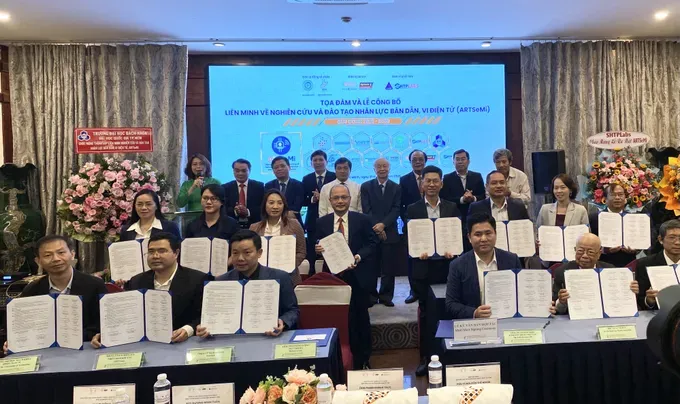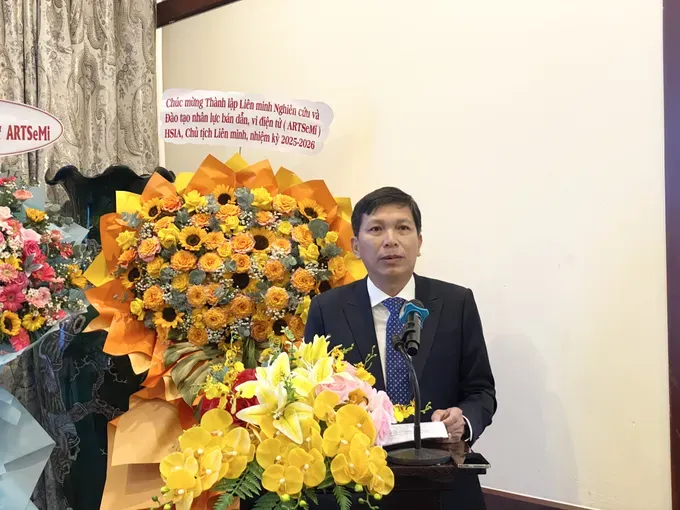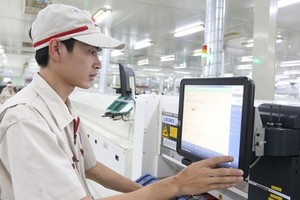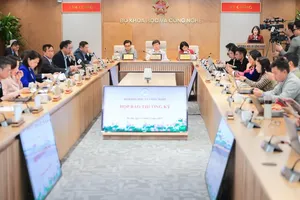In a significant step for Ho Chi Minh City's technology sector, the Ho Chi Minh City Department of Science and Technology (DOST) and the Ho Chi Minh City Semiconductor Industry Association (HSIA) co-hosted the 'Seminar and Launching Ceremony of the Alliance for Research and Training in Semiconductors and Microelectronics'.

The seminar provides an opportunity for enterprises, research institutes, universities, and state management agencies to exchange views and propose policies that foster cooperation and the development of human resources.
It also served as a forum for experts, businesses, and relied to share experiences and address challenges, while promoting training, applied research, and technology transfer. The event emphasizes the need to make breakthroughs in human resource development in integrated circuit design, semiconductor technology, and IoT—both in Ho Chi Minh City and across Vietnam.
At the seminar, the Alliance for Research and Training in Semiconductors and Microelectronics for the 2025–2030 period (ARTSeMi) was officially established. The Alliance brings together enterprises, training institutions, research organizations, and related stakeholders to jointly advance the semiconductor and microelectronics industry in Vietnam.
The establishment of the Alliance responds to the urgent need arising from the realities of digital economic development. The semiconductor–electronics industry cannot grow effectively without a coordination mechanism among institutions, businesses, and academia. The Alliance will also serve as a vital bridge, connecting domestic and international businesses and experts with state management bodies, thereby contributing to practical policy-making and promoting R&D projects.
Under Vietnam's National Strategy for Semiconductor Industry Development to 2030, with a vision toward 2050, the country aims to train at least 50,000 highly skilled workers. Of this, Ho Chi Minh City is expected to train around 9,000 professionals, mainly in IC design, chip fabrication, and related technologies.

In 2024, Vietnam’s total electronics export value reached more than US$134.5 billion, accounting for over one-third of national export turnover. In the first five months of 2025, the sector recorded a 39 percent growth compared to the same period last year.
Speaking at the seminar, Deputy Director Nguyen Huu Yen of the Ho Chi Minh City Department of Science and Technology affirmed the Department's support for innovation initiatives, as well as efforts to attract talent and investment in high technology, semiconductors, and electronics.
He emphasized that semiconductor and electronics enterprises should voice their policy-related challenges and barriers so that government agencies can address them, thereby creating favorable conditions for businesses to invest in R&D projects in Vietnam.
























